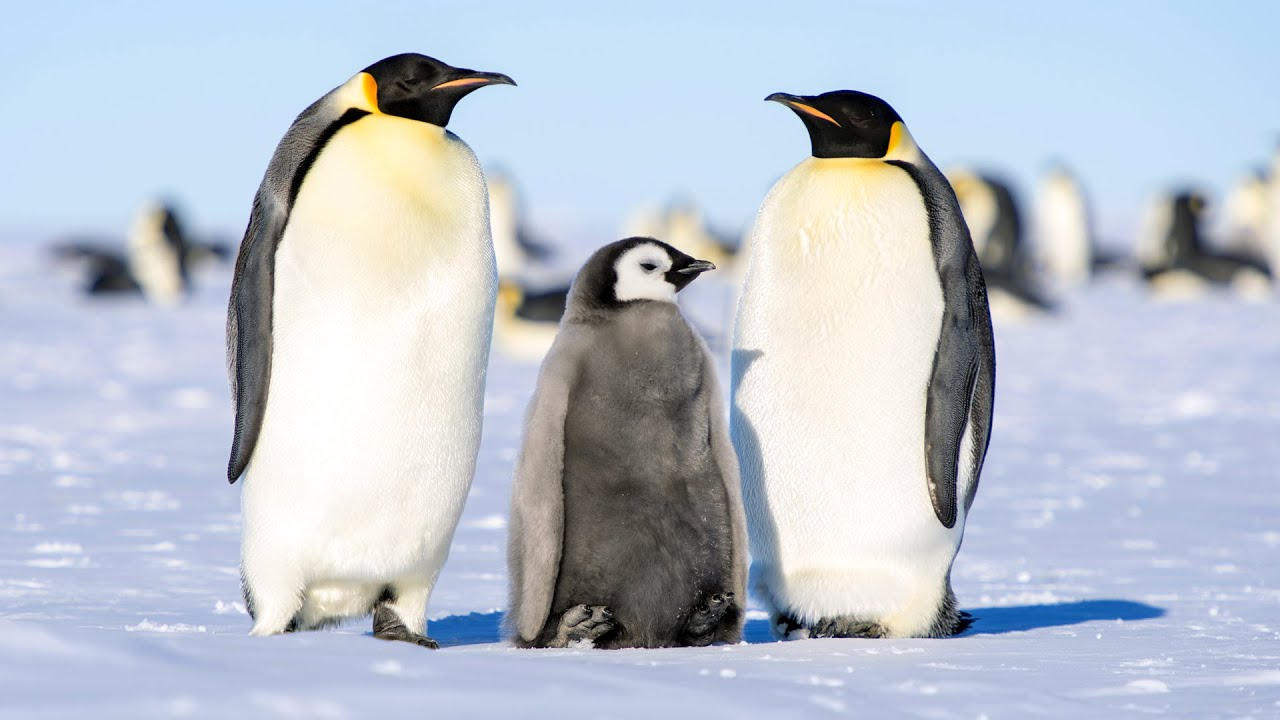In a rare and surprising event, an emperor penguin was spotted on Ocean Beach in Denmark, Western Australia, thousands of miles from its Antarctic habitat. This unexpected visitor was found last Friday and is now in the care of a trained wildlife carer, according to the Department of Biodiversity, Conservation and Attractions (DBCA).
The penguin, described as “malnourished” by a DBCA spokesperson, is expected to undergo a rehabilitation process that could take several weeks. The rescue team is closely monitoring the animal’s condition, aided by a DBCA officer to ensure it receives proper care.
The penguin’s appearance on Ocean Beach, over 2,200 miles north of Antarctica, is highly unusual. Belinda Cannell, a research fellow at the University of Western Australia, explained that this is the first recorded instance of an emperor penguin venturing so far north. The penguin may have followed an ocean current rich in food that led it to Australian waters, she told ABC News.
Local surfer Aaron Fowler, who witnessed the penguin’s arrival, described seeing the large bird waddle ashore. “It was massive, way bigger than a sea bird. It just waddled straight up to us,” he recounted. He added, “It tried to slide on its belly like it would on snow but face-planted in the sand and then shook itself off.”
Emperor penguins are the largest of all penguin species, reaching heights of up to 45 inches and weighing as much as 88 pounds. They typically breed and live exclusively in Antarctica, where the freezing climate and extensive sea ice are essential for their survival. The ice provides a safe environment for breeding, protection from predators, and access to food sources.
However, climate change poses a significant threat to the species. Rising global temperatures, driven by greenhouse gas emissions, are causing sea ice to diminish. A recent study found that four out of five emperor penguin colonies in the Bellingshausen Sea saw no chicks survive in 2022 due to a massive sea ice loss. Scientists warn that without significant climate action, over 90% of emperor penguin colonies could face near-extinction by 2100.
The appearance of this emperor penguin in Australia highlights both the remarkable endurance of this species and the environmental challenges threatening its future.


















